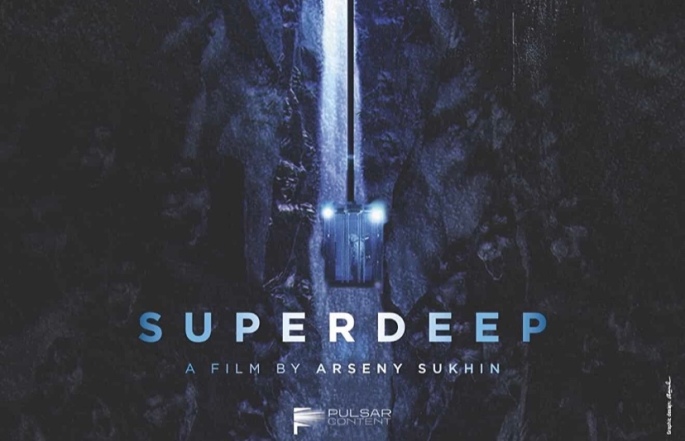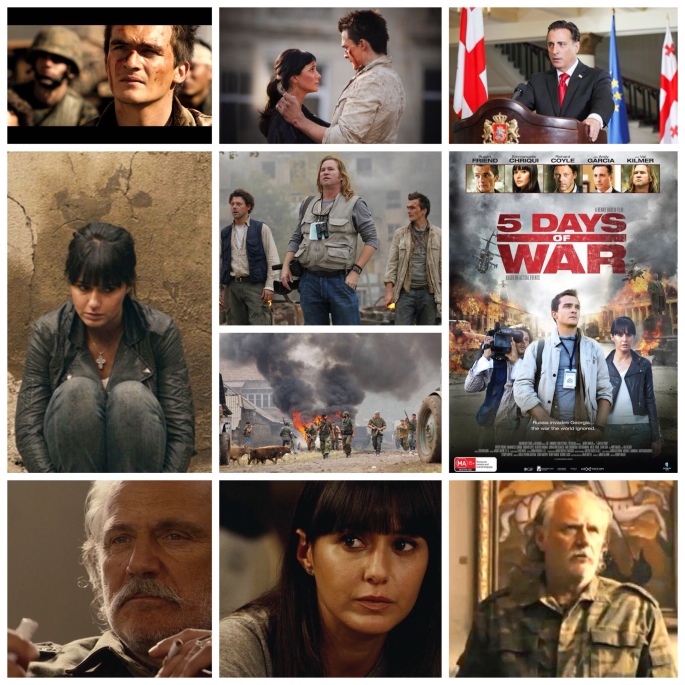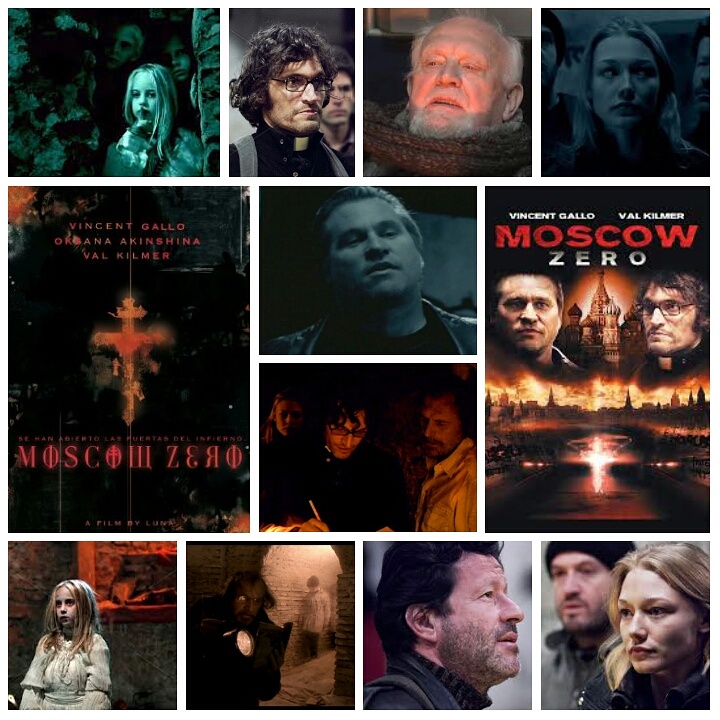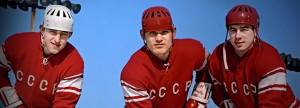
The SuperDeep is a Russian SciFi horror flick that lives up to its title in the most literal of ways, considering it’s about a research term that descends down a borehole wayyyyy below the earth to investigate something that’s so far down there it’s closer to the core than it is to the surface. We meet microbiologist Anya (Milena Radulovic), who has a guilt ridden past but agrees to lead the group, which consists mostly of Russian military, on the condition that whatever they find down there, she gets academic credit for the discovery. What could go wrong? A lot, it seems, and when you’re in one of the most remote, unfamiliar frontiers in our realm, it’s tough to get help, find your footing in an otherworldly environment and simply survive. There seems to be some horrific microorganism that lives in the permafrost and has now thawed and gotten loose, a life form that uses fungal spores to spread into the air kind of like seed dispersal and as soon as a human breathes them in… well, it ain’t a pretty sight and the special effects team take FULL advantage of the opportunity for ooze, slime, goo and body horror of every orifice invading fashion. I had one complaint; the version I watched on Shudder only had dubs available, no subs, and baby I’m just not a fan of dubs, I wanna hear the actors talking in their real voices, I don’t care how exotic and impenetrable the language is. That aside, this is a wonderfully atmospheric piece with some truly standout moments of filmmaking and a beautifully eerie score that sets up atmospheric tension and world building terrifically. There’s a hair raising sequence where they free fall down into the earth for hundreds of miles in a few minutes time for a kind of prolonged ‘Hellavator’ experience that would have been a showstopper on the big screen. An almost black and white colour timed scene sees Anya fall through a fissure in the earth into utterly unknown territory in this kind of languid, near zero gravity airspace accompanied by a particularly surreal score cue for an almost indescribably artistic visual and auditory effect. The climax is haunting and disquieting where it could have been loud, gory and cacophonous, choosing awe and wonder over grisly spectacle. It’s a slower burn, a more relaxed take on classic stuff and obviously comparisons to John Carpenter’s The Thing will be drawn but this is its own beast, a neat infusion of mood piece, body horror, artistic expression and classic B movie aesthetics for quite the experience. Streaming now on Shudder.
-Nate Hill





